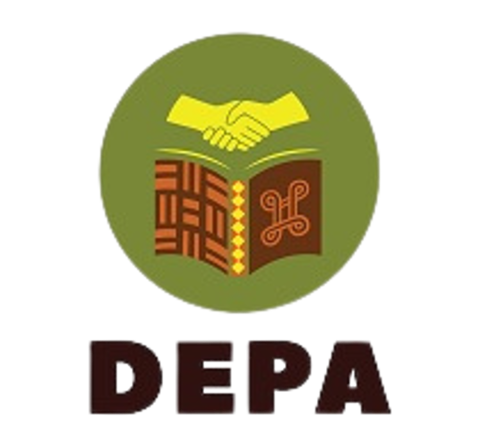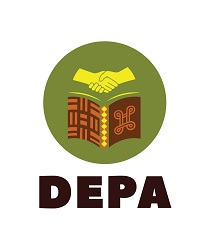
Connecting Stakeholders for Peace Research
As a Network Plus grant, DEPA aimed to connect and coordinate a broad range of actors and stakeholders to advance peace research.
The Nigerian project team, in collaboration with PADEAP (Pan-African Development, Education, and Advocacy Programme) and the University of Abuja, has been building relationships with various partners, including artists, musicians, and theatre practitioners based in Abuja.
Expanding the Network in 2022
In 2022, the network expanded to include the Centre for the Study and Promotion of Cultural Sustainability and the Fine Arts Department at the University of Maiduguri, Borno State, Nigeria.
Tominke Olaniyan, PADEAP Director, highlighted the partnership with the Centre at the University of Maiduguri, emphasizing its potential for innovative research. This collaboration integrates performance, arts, and culture to decolonize participatory research. Despite being located in the epicenter of conflict in Nigeria, the University continues to work towards lasting peace by promoting and protecting human rights.
Joint Call for Papers and Conference
The collaboration has led to several initiatives, including a joint call for papers for a special edition on “Decolonising Education for Peace” and a one-day conference held on September 5, 2023, hosted by the Centre in Maiduguri. The call for papers aimed to explore African knowledges and values underpinning peace and how these can decolonize pedagogies.
Role of Nigerian Arts in Promoting Peace
The submitted papers focused on the role of Nigerian film, art, dance, music, and textiles in promoting peace and challenging Eurocentric values and perspectives.
Highlighting Decolonial Participatory Arts
The special edition will also feature the decolonial participatory arts-based approach led by PADEAP, working with Glavda elders in the New Kuchingoro IDP camp, who were displaced from their homes in Borno State due to the Boko Haram insurgency. The storytelling, oral histories, music, dance, and health sessions with the Glavda-speaking elders created a safe space for them to share and preserve their stories.
The special edition co-edited byMsTominke Olaniyan (PADEAP) and Dr Christopher Mtaku (University of Maiduguri) will be published by the end of 2024. The special ediition will include contributions from two Nigerian artists:
- Dr Talatu Onkala Adiwu
Dr Adiwu is a prolific Nigerian painter and academic. She holds a PhD in Painting from Ahmadu Bello University, Zaria, making her the first female doctorate holder in the studio area from the Zaria Art School. She is currently an Assistant Lecturer at the University of Maiduguri's Department of Visual and Performing Arts. Dr Adiwu's research focuses on nature-inspired artistic explorations, art education, and contemporary art practices. She has participated in numerous exhibitions and workshops, contributing significantly to the Nigerian art scene.
Crown 5: Women as Traditional Leaders and Peacebuilders
Unique to No. 5 is the crowning pattern, where the older female figure is symbolically "crowned" with a turban—a traditional symbol of authority, especially in northern Nigeria. This act pays homage to women's informal and unrecognized peace-building and leadership efforts. In the wake of the insurgency, women have adapted to changing roles, participating in local vigilante units, joining state-based task forces like the CJTF, and playing critical roles in relief and reconciliation processes in IDP camps and resettled communities.
.jpg)
2. Harrison Idahosa
Mr Idahosa is a distinguished Nigerian visual artist. He earned a first-class degree in painting from the University of Maiduguri. Known for his thematic and symbolic works, Harrison has exhibited at numerous prestigious events, and currently lectures at the University of Maiduguri’s Department of Fine Arts. Harrison is also a talented musician, playing guitar and drums.
Click here to see and hear recent short piece.

